01 - New Great Game in Central Asia: An Analysis of China's Interests
http://dx.doi.org/10.31703/gssr.2017(II-I).0110.31703/gssr.2017(II-I).01 Published : Jun 2017
-
The importance of Central Asia for China increased with the change in international power structure, growth of its economy, rapid industrialization and increase in population. China is regarded as the second largest energy consumer in the world while Central Asia has rich energy resources and raw materials complementary for its economic growth. It is interested in the energy resources of Central A... Details
-
New Great Game, Central Asia, China, Power Politics, Geopolitics, Geo-economics
-
(1) Manzoor Khan Afridi
Assistant professor and Head of the Department of Politics & International, International Islamic University, Islamabad, Pakistan
(2) Musharraf Iqbal
PhD Scholar Department of Politics & International Relations, International Islamic University, Islamabad, Pakistan
(3) Sumbul Hussan
Junior Research Fellow at HRC, Islamabad, Pakistan
02 - Revisiting the Relationship between Military Expenditure and Economic Growth in
http://dx.doi.org/10.31703/gssr.2017(II-I).0210.31703/gssr.2017(II-I).02 Published : Jun 2017
-
This study aims to examine relationship of military expenditure and economic growth in different phases of military regimes in the context of Pakistan. This study uses two-state Markov switching models with Constant Transition Probability (CTP) and Time Varying Transition Probabilities (TVTP) for the time period: 1973-2014. This investigation analyses two sorts of relations between military expend... Details
-
Military expenditure, Economic growth, Markov switching models,Keynesian income multiplier.
-
(1) Waqar Qureshi
PhD Scholar, Department of Economics, AWKUM, Mardan, Pakistan
(2) Noor Pio Khan
Pro-Vice Chancellor and Dean, University of Agriculture, Peshawar, Pakistan
03 - Parliament not-Parliaments: Legislature of Pakistan in the Hatching (1947-69)
http://dx.doi.org/10.31703/gssr.2017(II-I).0310.31703/gssr.2017(II-I).03 Published : Jun 2017
-
The evolution of parliamentary system in an ideological state, with two major units; miles apart on the globe, having multiple social and regional identities, and claiming being a federation has been a unique experience. After getting independence from the British, Pakistan decided to opt for a parliamentary form of government. The process was based on single house i.e. legislative assembly which ... Details
-
Parliament, Legislature, Democracy, Elections, Pakistan.
-
(1) Rahat Zubair Malik
Associate Editor of Pakistan Journal of History and Culture and Research Fellow at NIHCR, Quaid-i-Azam University, Islamabad, Pakistan
04 - Kashmir Crisis: A Critical Analysis of Indo-Pak Intercession
http://dx.doi.org/10.31703/gssr.2017(II-I).0410.31703/gssr.2017(II-I).04 Published : Jun 2017
-
This paper explores the various intervention approaches adopted by both India and Pakistan regarding Kashmir issue. It uses the theoretical approaches of Constructivism, Realism and Balance of Power Theory. The study's objectives are divided into three categories, each entailing the Kashmir issue under the mentioned three theoretical approaches mentioned earlier. These variables are observed keepi... Details
-
Constructivism, Realism, Balance of Power, Humanitarian Crisis
-
(1) Ghulam Qumber
Deputy Director, ISSRA, National Defence University, Islamabad, Pakistan
(2) Waseem Ishaque
Assistant Professor, Department of IR, National Defence University, Islamabad, Pakistan
(3) Syed Jawad Shah
Researcher Internee, National Defence University, Islamabad, Pakistan
05 - Organizational Learning and Competitive Advantage in Banking Sector of Pakistan
http://dx.doi.org/10.31703/gssr.2017(II-I).0510.31703/gssr.2017(II-I).05 Published : Jun 2017
-
Organizational learning is one of the major characteristic of high performing work systems. Organizations are depicted as intelligent organizations when they focus on constant organizational learning. In the dynamic era of digitalization, securing a competitive advantage over competitors has moved beyond the effective utilization of organizational resources to effective management of organizationa... Details
-
Organizational Learning, Competitive Advantage, OLCA model, Banks
-
(1) Shazia Hassan
Assistant Professor, LMS Department, Faculty of Contemporary Studies, National Defence University, Islamabad, Pakistan
(2) Yasmeen Muhammad Javed Iqbal
Lecturer, LMS Department, Faculty of Contemporary Studies, National Defence University, Islamabad, Pakistan
(3) Wajeeha Ghias
Lecturer, LMS Department, Faculty of Contemporary Studies, National Defence University, Islamabad, Pakistan
06 - Local Governments and the Provision of Health and Education within Khyber Pakhtu
http://dx.doi.org/10.31703/gssr.2017(II-I).0610.31703/gssr.2017(II-I).06 Published : Jun 2017
-
This paper traces the working of various local governments within the Khyber Pakhtunkhwa province of Pakistan in terms of efficiency while providing health and educational facilities. Only those districts of Khyber Pakhtunkhwa having a population of at least one million, were taken into account. The performance of six district local governments in the field of education and health was thoroughly a... Details
-
Local Government, Tiebout Hypothesis, Health, Education
-
(1) Fahim Nawaz
Lecturer, Department of Economics, University of Peshawar, Peshawar, Pakistan
(2) Kalsoom Inam
Undergraduate Student, Department of Economics, University of Peshawar, Peshawar, Pakistan
(3) Shagufta Shaheen
Deputy Director, DMS-IV, GHQ, Rawalpindi, Pakistan
07 - Varying Written Perspectives on Politics of Pakistan
http://dx.doi.org/10.31703/gssr.2017(II-I).0710.31703/gssr.2017(II-I).07 Published : Jun 2017
-
Every discipline has its own specific perspective. The very difference of varying perspectives draws a line primarily between scientific and nonscientific knowledge. Then, amongst sciences it differentiates the rational from the empirical sciences. Apart from the natural sciences social sciences also utilize both rational and empirical approaches to science. Even, with in both of these perspective... Details
-
Politics, Elitist, Marxist, Ideological, Praetorian, Approaches, Perspectives, Pakistan.
-
(1) Sajid Mahmood Awan
Senior Research Fellow at the National Institute of Historical and Cultural Research (NIHCR), Quaid-i-Azam University, Islamabad, Pakistan
(2) Sana Hussan
Senior Research Fellow, Humanity Research Council, Islamabad, Pakistan
08 - Mediatization of Politics or Politicization of Media: Women's Perspective
http://dx.doi.org/10.31703/gssr.2017(II-I).0810.31703/gssr.2017(II-I).08 Published : Jun 2017
-
In accordance with the phased and meta process of mediatization, politicians have grown dependent on media at the cost of their own independence. As a result, politics has become synonym with something negative. Little research in Pakistan has been done to explore perspective of women politicians and journalists on negative perception about politics. To fill up the gap, we constituted focus groups... Details
-
Mediatization, Media Logic, Politics, Politicization
-
(1) Hassan Shehzad
Lecturer, Department of Media and Communication Studies, International Islamic University, Islamabad, Pakistan
(2) Farish Ullah Yousafzai
Professor, Dean, Faculty of Arts, University of Gujrat, Gujrat, Pakistan
09 - Indigenous Culture and Academic Discourse: A Critique of English Textbooks in Pa
http://dx.doi.org/10.31703/gssr.2017(II-I).0910.31703/gssr.2017(II-I).09 Published : Jun 2017
-
The paper aims to explore how far English textbooks in Pakistan embody Pakistan and its culture. In this connection, the reading passages and pictures/images of the textbooks taught at secondary level in the government schools of Punjab were analyzed. It was a mixed method study and the specific method employed was content analysis. For this purpose all the reading passages of both the textbooks w... Details
-
Indigenous Culture, Academic Discourse, English Textbooks, Pakistan, Appropriation
-
(1) Azhar Habib
PhD Scholar, Air University, Islamabad & Research Fellow, University of North Texas USA
(2) Inayat Ullah
Assistant Professor, Faculty of Social Sciences, Air University, Islamabad, Pakistan
10 - Resurgent Russian Ingress in Afghanistan: Implications for Pakistan
http://dx.doi.org/10.31703/gssr.2017(II-I).1010.31703/gssr.2017(II-I).10 Published : Jun 2017
-
After the fall of soviet-empire, Afghanistan became the playground of international players, with covert and overt agenda towards the country. It has also become a breeding ground for militant organization. Russia, after her recent show of power in the Middle East has set her eye on its regional chessboard. For protecting its borders from incursion of extremism and the menace of drug trafficking w... Details
-
Afghanistan, Russia, Pakistan, Implications, Taliban, Jihad.
-
(1) Qurat Ul Ain
Research Associate, National Defense University, Islamabad, Pakistan
(2) Taimoor Shah
Research Intern, ISSRA, National Defense University, Islamabad, Pakistan
(3) Seemab Zafar
M.Phil. Scholar, National Defense University, Islamabad, Pakistan
11 - Issue of SaraikiStan: Post 18th Amendment
http://dx.doi.org/10.31703/gssr.2017(II-I).1110.31703/gssr.2017(II-I).11 Published : Jun 2017
-
The paper primarily focuses on salient dynamics voiced for division of Punjab and establishment of Saraiki Province and is aiming to aware coming parliamentarians regarding the sensitive issue so that they can make themselves capable to develop skill to resolve such generic issues. The non-justifiable allocation and distribution of resources by the federal government not only created hatred betwee... Details
-
Ethno-Nationalism, Identity Crisis, Deprivations, Regionalism, Saraiki Nationalist Movement, Eighteenth Amendment
-
(1) Sana Ullah
Demonstrator & PhD Scholar, Department of Political Science, Abdul Wali Khan University Mardan, Pakistan
(2) Ijaz Khalid
Demonstrator & PhD Scholar, Department of Political Science, Abdul Wali Khan University Mardan, Pakistan
(3) Shazia Hassan
Assistant Professor, LMS Department, Faculty of Contemporary Studies, National Defence University, Islamabad, Pakistan
12 - Pakistan's Electoral Sociology: Why do Voters' Vote?
http://dx.doi.org/10.31703/gssr.2017(II-I).1210.31703/gssr.2017(II-I).12 Published : Jun 2017
-
The published literature reviewed indicates that the subject of current research has remained away from scholarly focus. The existing academic literature shows that studies on electoral politics largely focused on social and political determinants of voting behavior. The current study explains that sociology-historical material trajectory of the voting process. This has been continuously shaping a... Details
-
Election, Politics, Sociology, Vote, Pakistan
-
(1) Muhammad Shakeel Ahmad
Assistant Professor, Centre for Policy Studies, COMSATS University, Islamabad, Pakistan.
13 - Theoretical Understanding of Suicide: A Multifaceted Sociological, Economic, and
http://dx.doi.org/10.31703/gssr.2017(II-I).1310.31703/gssr.2017(II-I).13 Published : Jun 2017
-
Framed within a review-based design, this study synthesises existing theoretical explanations of suicidality. It offers economic, sociological, and psychological perspectives on suicidality. The conclusion is that sociological theories of suicide focus on the significance of the social environment, social relationships, and other socio-economic and cultural factors in the aetiology of suicide, pro... Details
-
Suicide, Theory. Sociological, Economic, Psychological
-
(1) Nasar Khan
Lecturer, Department of Sociology, University of Chitral, KP, Pakistan.
(2) Usra
M.Phil Scholar, Department of Psychology, SBBWU (Shaheed Benazir Bhutto Women University), Peshawar, KP, Pakistan.

.png) Volume XI, Issue I (Winter 2026)
Volume XI, Issue I (Winter 2026)  Volume X, Issue IV (Fall 2025)
Volume X, Issue IV (Fall 2025) 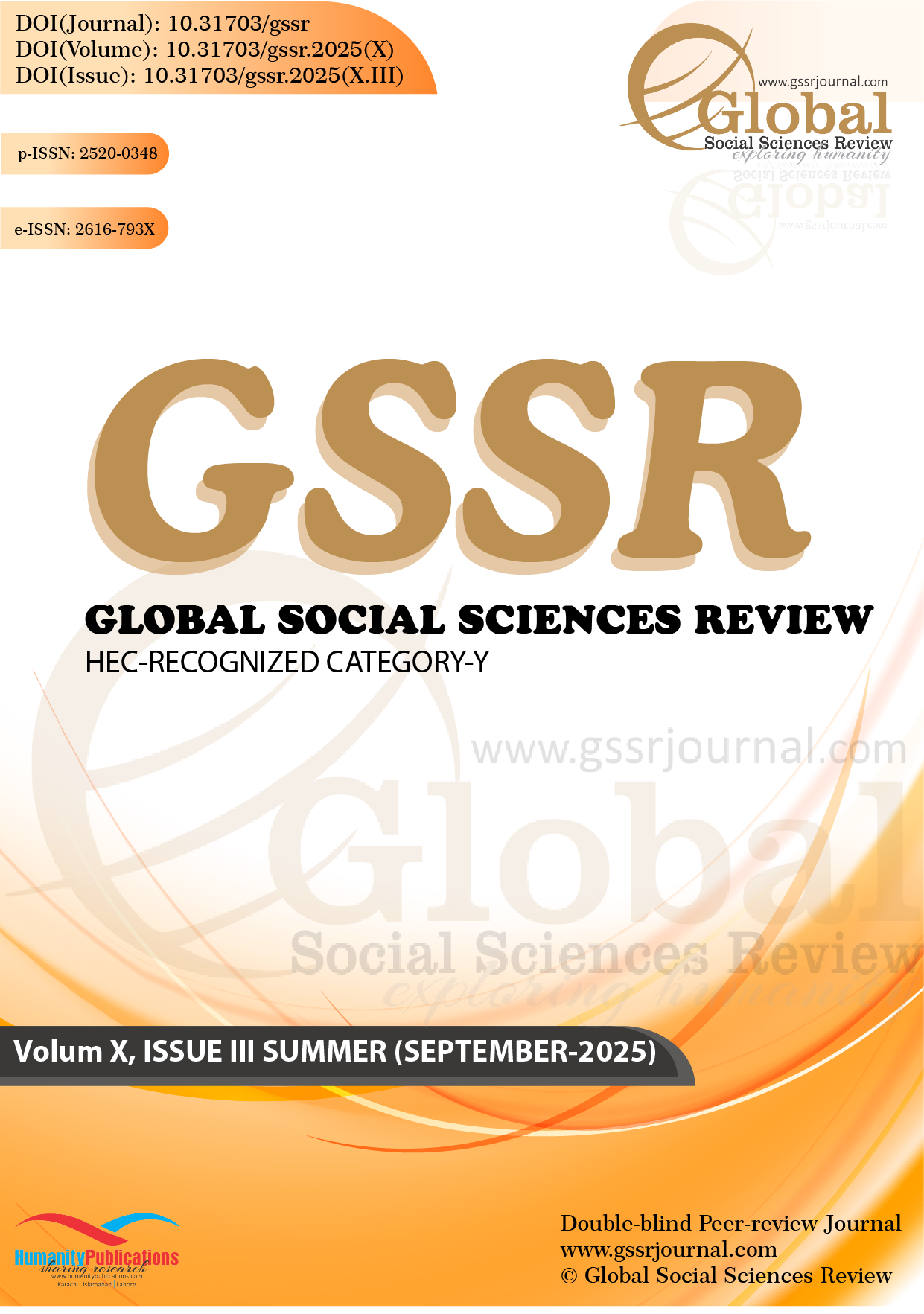 Volume X, Issue III (Summer 2025)
Volume X, Issue III (Summer 2025)  Volume X, Issue II (Spring 2025)
Volume X, Issue II (Spring 2025) 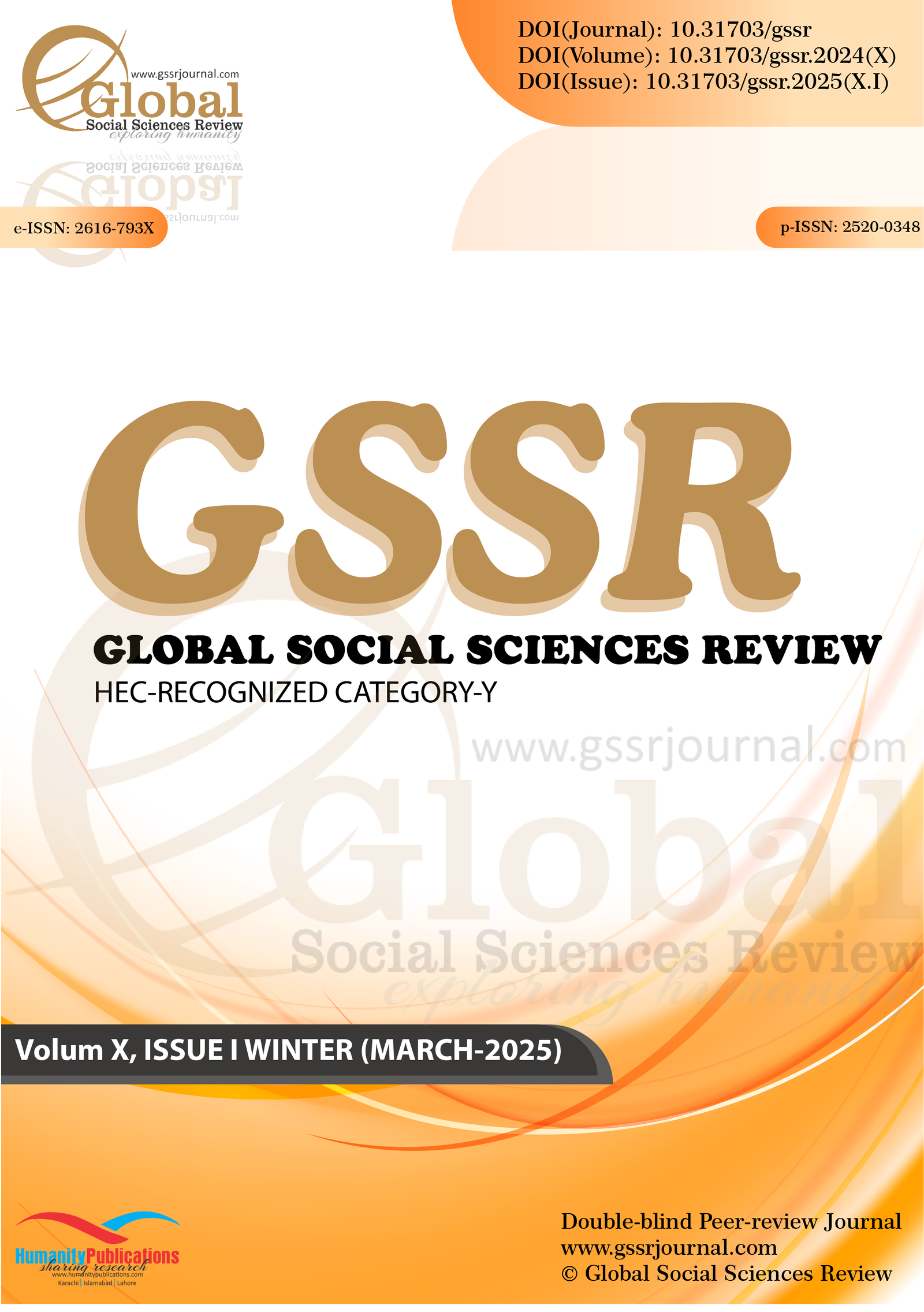 Volume X, Issue I (Winter 2025)
Volume X, Issue I (Winter 2025)  Volume IX, Issue IV (Fall 2024)
Volume IX, Issue IV (Fall 2024)  Volume IX, Issue III (Summer 2024)
Volume IX, Issue III (Summer 2024)  Volume IX, Issue II (Spring 2024)
Volume IX, Issue II (Spring 2024)  Volume IX, Issue I (Winter 2024)
Volume IX, Issue I (Winter 2024)  Volume VIII, Issue IV (Fall 2023)
Volume VIII, Issue IV (Fall 2023) 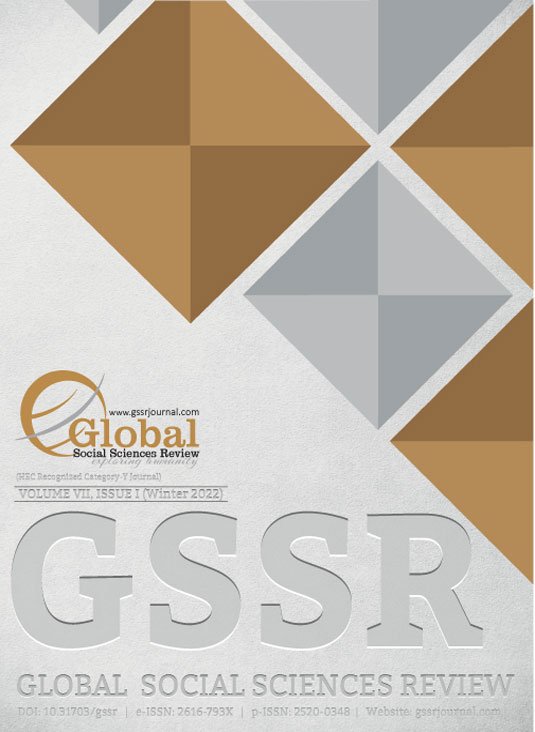 Volume VII, Issue IV (Fall 2022)
Volume VII, Issue IV (Fall 2022)  Volume VII, Issue III (Summer 2022)
Volume VII, Issue III (Summer 2022)  Volume VII, Issue II (Spring 2022)
Volume VII, Issue II (Spring 2022) 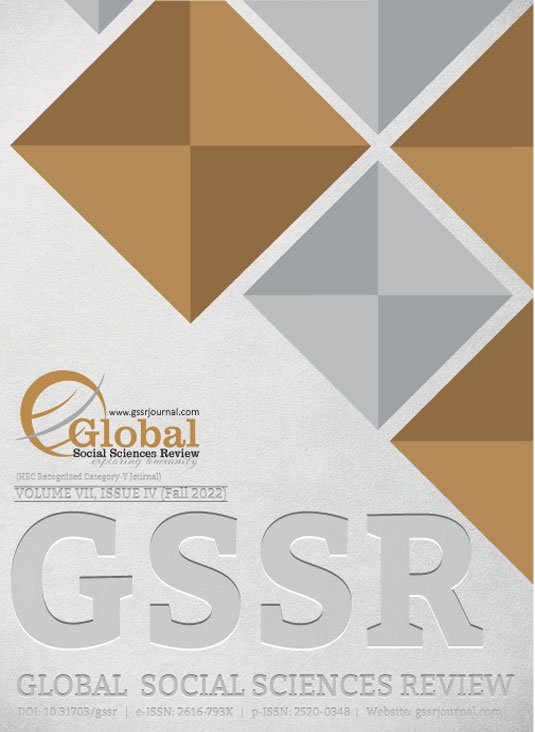 Volume VII, Issue I (Winter 2022)
Volume VII, Issue I (Winter 2022) 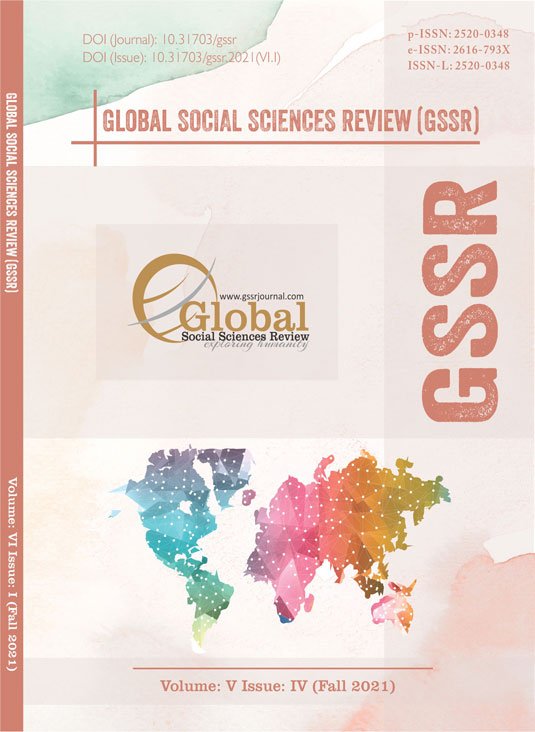 Volume VI, Issue IV (Fall 2021)
Volume VI, Issue IV (Fall 2021) 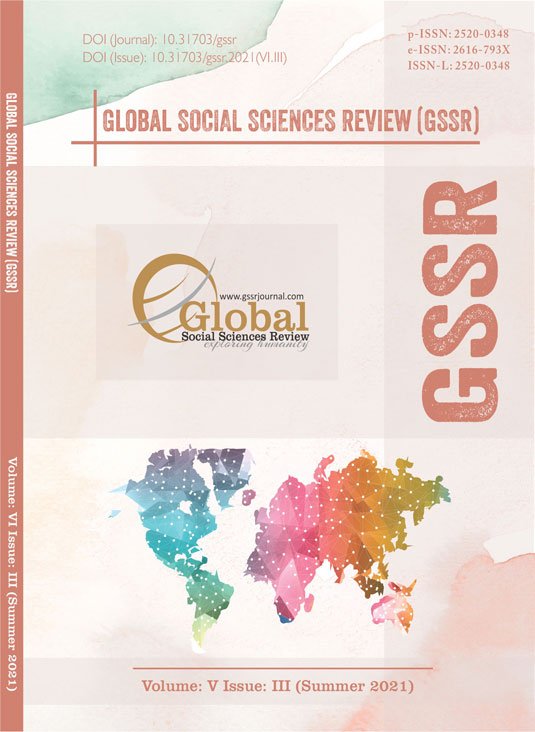 Volume VI, Issue III (Summer 2021)
Volume VI, Issue III (Summer 2021) 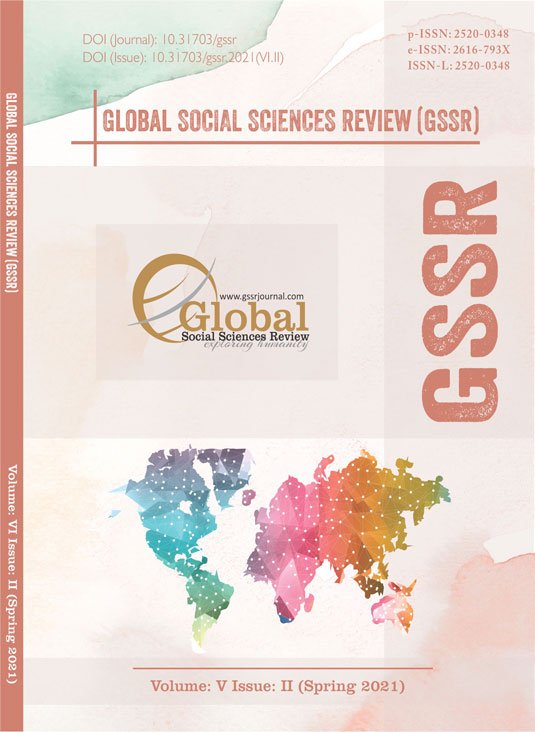 Volume VI, Issue II (Spring 2021)
Volume VI, Issue II (Spring 2021) 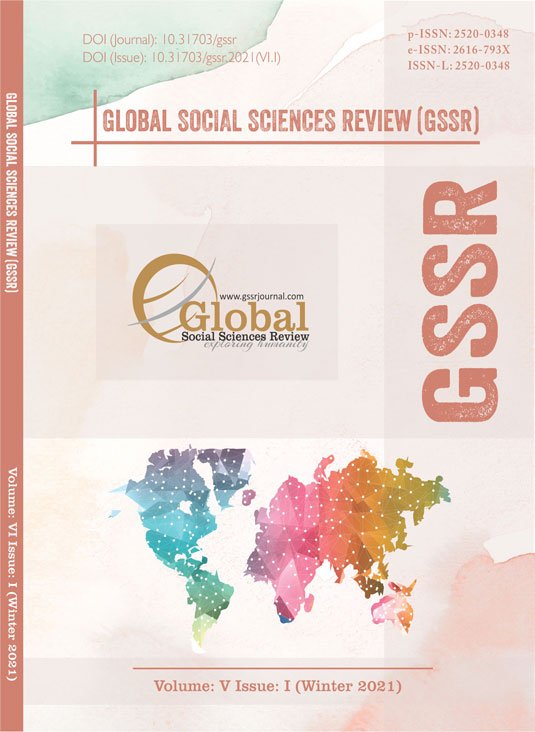 Volume VI, Issue I (Winter 2021)
Volume VI, Issue I (Winter 2021) 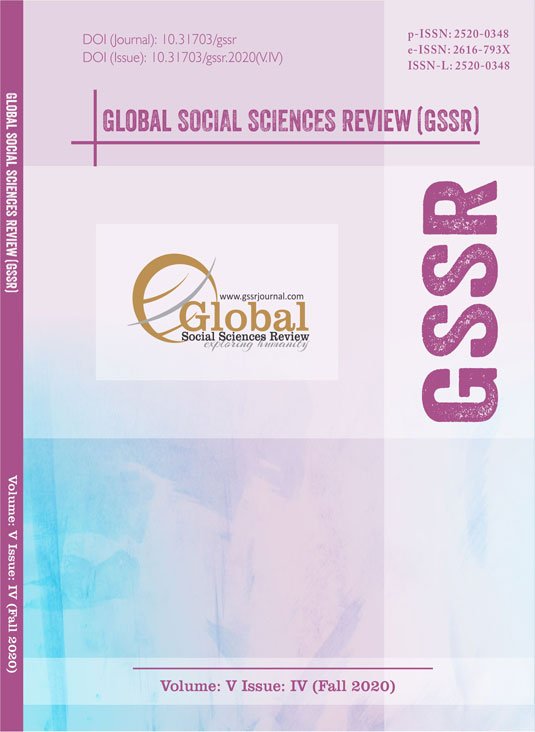 Volume V, Issue IV (Fall 2020)
Volume V, Issue IV (Fall 2020) 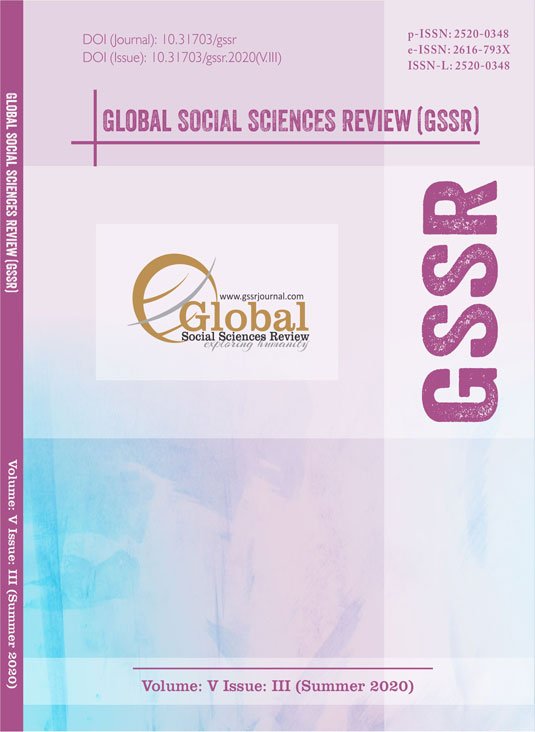 Volume V, Issue III (Summer 2020)
Volume V, Issue III (Summer 2020) 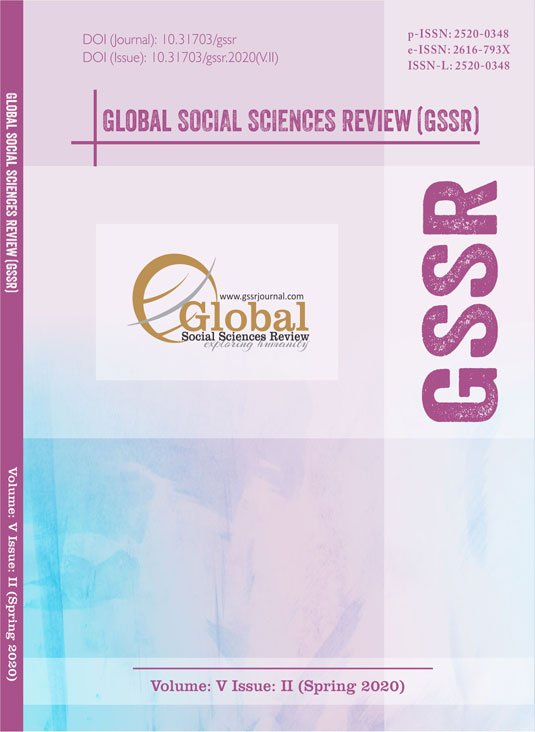 Volume V, Issue II (Spring 2020)
Volume V, Issue II (Spring 2020)  Volume V, Issue I (Winter 2020)
Volume V, Issue I (Winter 2020)  Volume IV, Issue IV (Fall 2019)
Volume IV, Issue IV (Fall 2019) 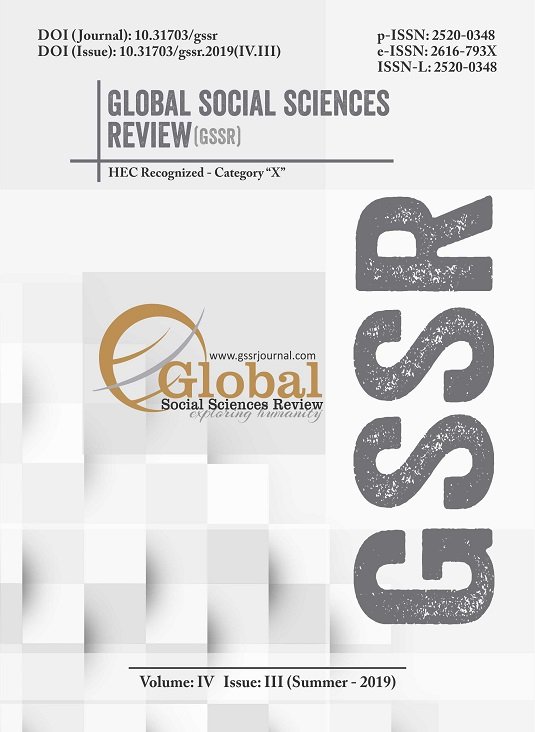 Volume IV, Issue III (Summer 2019)
Volume IV, Issue III (Summer 2019)  Volume IV, Issue II (Spring 2019)
Volume IV, Issue II (Spring 2019)  Volume IV, Issue I (Winter 2019)
Volume IV, Issue I (Winter 2019)  Volume III, Issue IV (Fall 2018)
Volume III, Issue IV (Fall 2018)  Volume III, Issue III (Summer 2018)
Volume III, Issue III (Summer 2018) 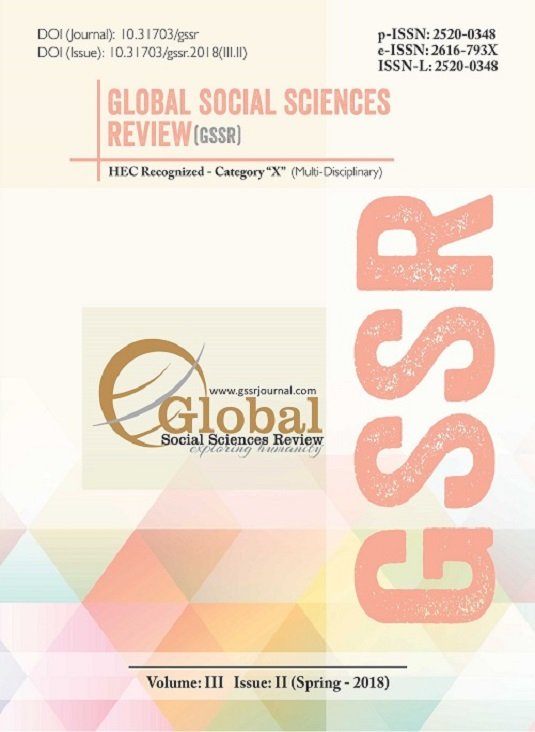 Volume III, Issue II (Spring 2018)
Volume III, Issue II (Spring 2018) 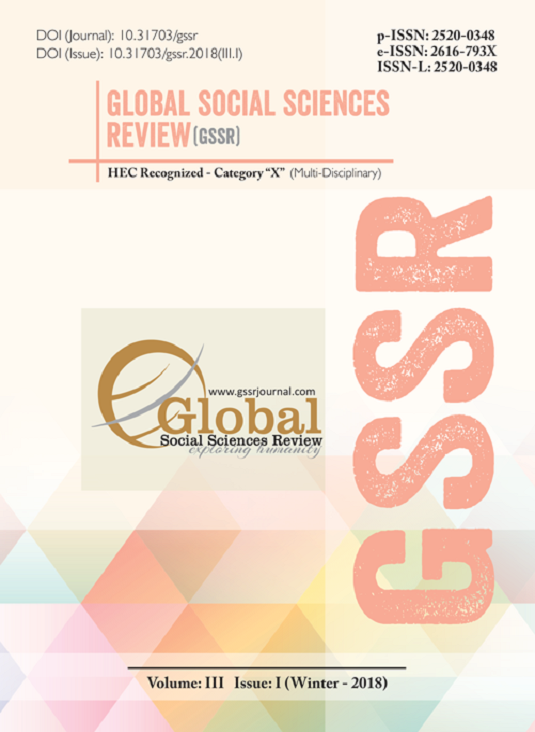 Volume III, Issue I (Winter 2018)
Volume III, Issue I (Winter 2018) 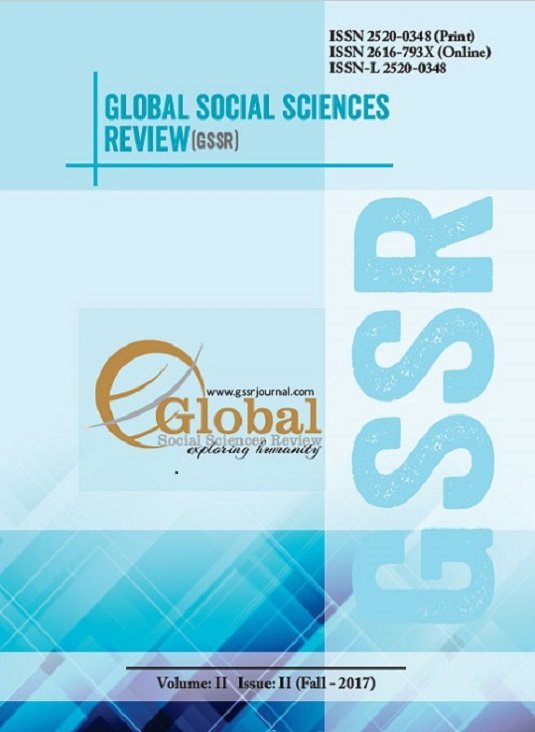 Volume II, Issue II (Fall 2017)
Volume II, Issue II (Fall 2017) 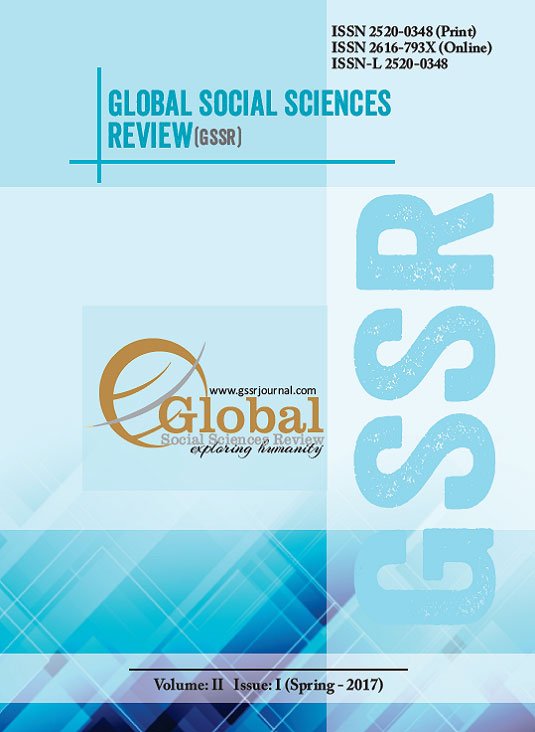 Volume II, Issue I (Spring 2017)
Volume II, Issue I (Spring 2017)  Volume I, Issue II (Fall 2016)
Volume I, Issue II (Fall 2016)  Volume I, Issue I (Spring 2016)
Volume I, Issue I (Spring 2016)